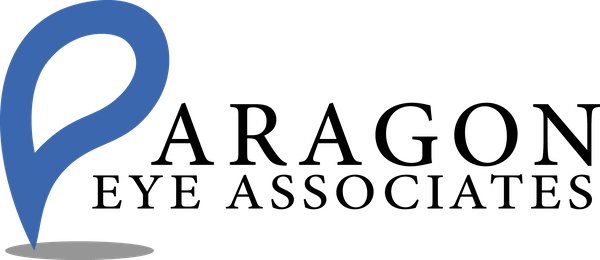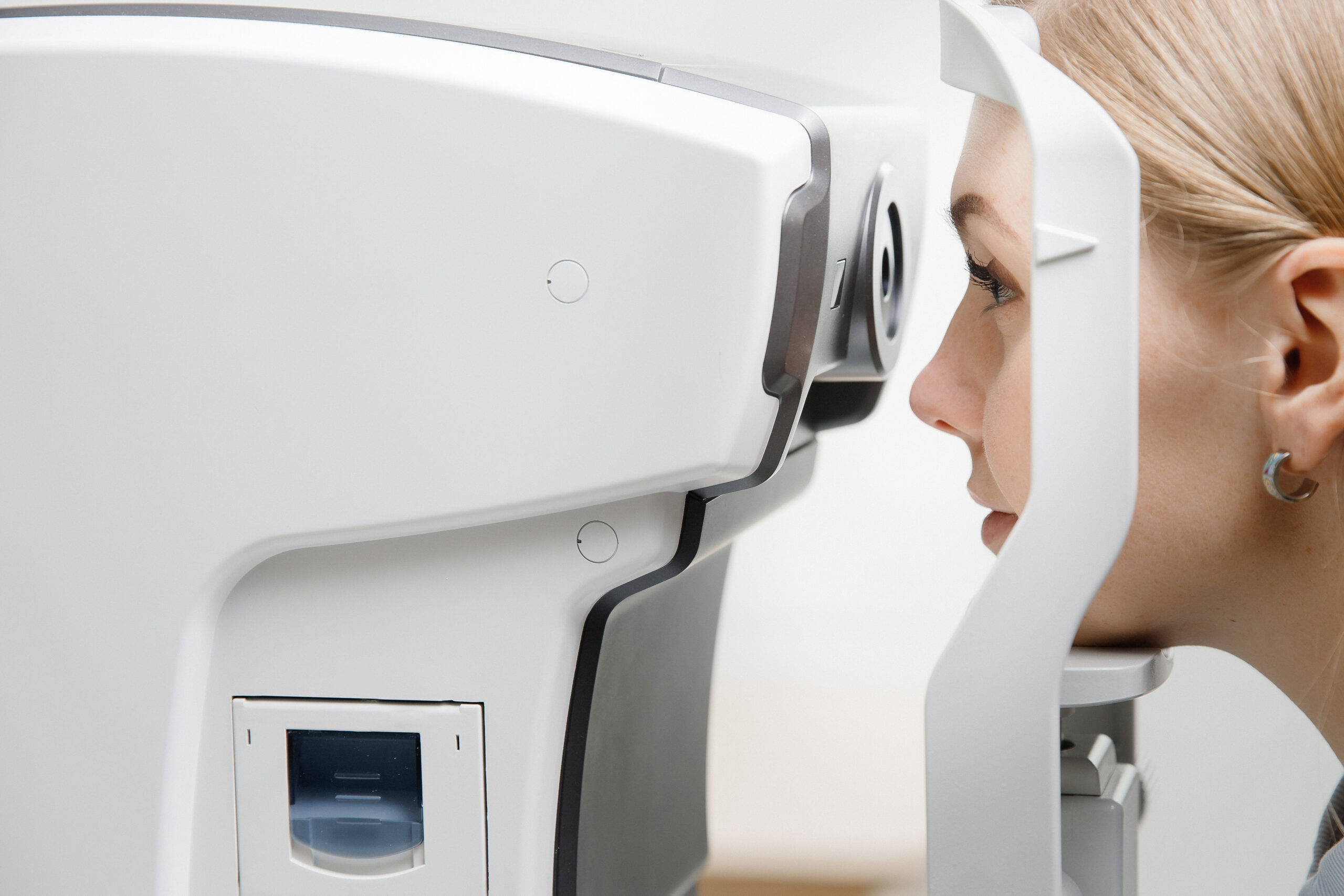January is National Glaucoma Awareness Month, an important time to consider your risks for developing this debilitating disease. It is estimated that more than three million people in the United States alone struggle with this condition. What makes glaucoma especially difficult to deal with is how hard it is to detect. The early stages of this disease can often go unnoticed, causing symptoms to be apparent only when vision loss has already begun.
At Paragon Eye Associates, we have the technology and expertise to detect and treat this condition before it becomes worse. Knowing your risks is half the battle. Here are some factors that put you at greater risk for developing this disease. If you fit the criteria, don’t wait – schedule an eye exam at our Arlington or Mansfield office today.
What Is Glaucoma?

Let’s break it down. Glaucoma is a group of eye diseases that cause a gradual decline in vision. This decline is precipitated by damage to the optic nerve in the back of your eye. While the most common forms of this disease mainly affect the middle-aged and the elderly, anyone at any age can develop this disease.
The main forms of this disease include:
- Primary Open-angle Glaucoma (POAG) – This subset is defined by an open, normal-looking anterior chamber angle and raised intraocular pressure (IOP).
- Angle-closure Glaucoma – This subset occurs when the iris bulges. The bulging iris partially or completely blocks the drainage angle, blocking fluid circulation.
- Secondary Glaucoma – refers to any case in which another disease causes or contributes to increased eye pressure, resulting in optic nerve damage and vision loss.
What Are the Risk Factors?
Having a Family History
Primary open-angle glaucoma is the most common and is often inherited. Therefore, if your immediate family members have this disease, your risk for the condition is greatly increased.
Being Above 40
Although anyone can have glaucoma at any age, one of the major risk factors of primary open-angle glaucoma is age. For this reason, it’s important to begin baseline eye screening at age 40 to check for this condition.
Race and Ethnicity
African Americans, people of African descent, Hispanics, and those of Asian descent are at an increased risk for developing glaucoma.
Having Other Health Conditions
Having diabetes, high blood pressure, heart disease, and sickle cell anemia may increase your risk of developing glaucoma. Recent research has shown that having low blood pressure can also increase the risk of developing open-angle glaucoma.
Having Other Eye Conditions
Corneal thickness and having a refractive error (being near or farsighted) have been linked to developing glaucoma. Therefore, comprehensive eye exams are important to not only address vision problems but test for this disease as well.
Using Certain Medications
The extended use of corticosteroids (a type of anti-inflammatory drug) may raise your risk of getting glaucoma, as the medication may increase intraocular pressure (IOP).
Eye Injury
Eye injuries caused by blunt trauma or those that penetrate the eye can disrupt its drainage mechanism, leading to glaucoma. Sports-related injuries are the most common form associated with developing this disease.
What You Can Do to Stay Healthy
If you are concerned about your risks of developing glaucoma or are already struggling with it, we can help. At Paragon Eye Associates, we’re staffed by experts dedicated to providing you with the best eye care treatments in Texas.
Schedule your evaluation by filling out the form below. You can also contact us over the phone by dialing (817) 277-6433 for our Arlington office or (817) 477-0223 for our Mansfield office.


